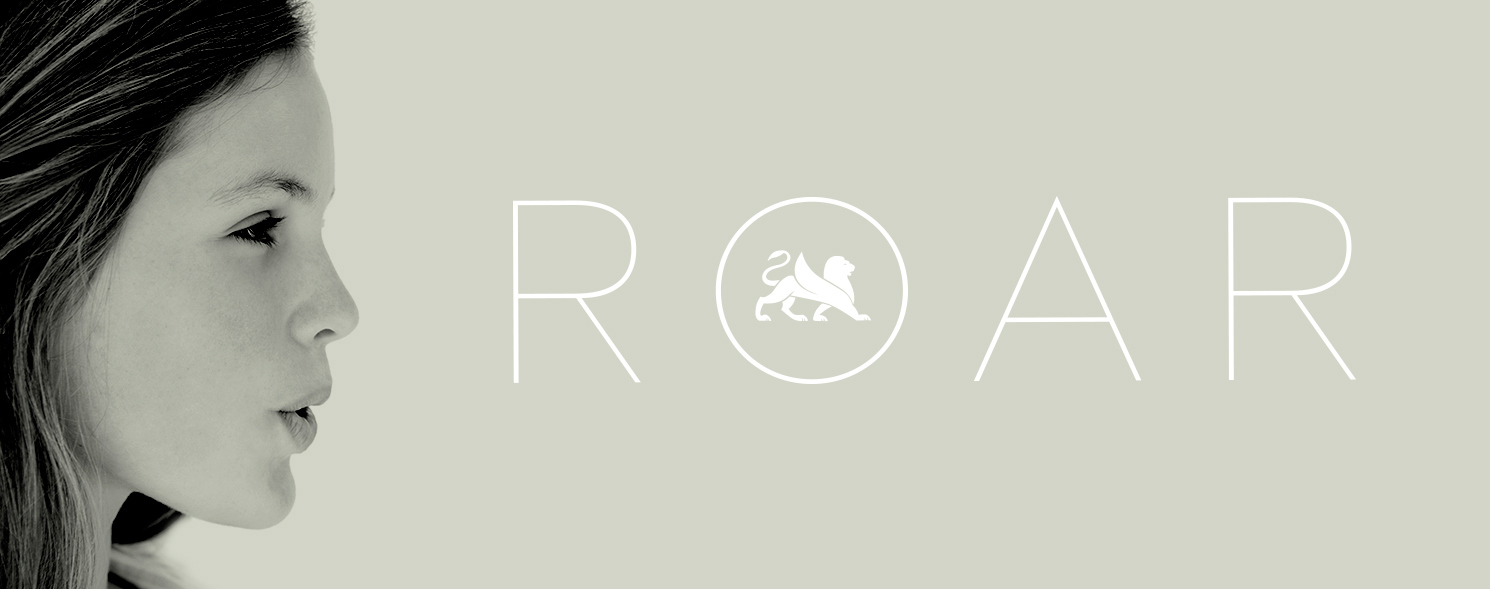The Professionals
Iestyn Davies on Choral Singing
28 October 2015
We are delighted that internationally acclaimed countertenor Iestyn Davies has written a piece especially for the launch of our new website, for our Gabrieli Roar members and the younger Gabrieli audience about his early start as a choral singer, and his top tips for looking after yourself and your voice.
Singing in a choir was the best musical training I could have had. From the age of 7 onwards I spent nearly every day of my life for six years performing a wide range of choral music on little more than one hour’s rehearsal in a group numbering around 30. In those formative years I picked up the priceless skills of musicianship that have been the bedrock of my operatic and solo career today. Little did I know at the time, but the small things that became second nature such as watching the beat with one eye whilst keeping the other on the younger chorister next to me to make sure he was on the correct page, or using my ears to pick out an obscured tenor line from which to get the note for my next difficult entrance whilst also maintaining and air of calm and collection or simply learning how to deal with making mistakes in front of my colleagues and letting the side down and picking oneself up again were all essential hurdles that once encountered and successfully negotiated became the very things that enable me to achieve, cope and excel in the work I find myself doing now, every single day. Performing music to a high standard and extracting as much emotional engagement from it as possible depends on people working together, listening to one another and supporting each other.
Music and singing in particular are special but I’m a human being first, singer second.
There is no better musical environment in which to master these skills than a good choir. That’s why I went back to that first choir, as an undergraduate; I knew that the experience would enhance my adult singing voice as had done my unbroken treble voice and further push my musical abilities. University as opposed to Conservatoire offered me a chance too to study something entirely unrelated to music (archaeology in my case) whilst remaining part of the musical world there and I think this gave me a more down to earth perspective when it came to music and the profession of music making. Music and singing in particular are special but I’m a human being first, singer second. I didn’t go out into the Real World having put all my eggs in one basket and expect to be owed a career as a singer. Quite the opposite; I expected the world to reject me because I wasn’t good enough. I felt that I had to prove myself first. Hard work and ‘results’ are not enough though; you need character and most importantly, a sense of humour. Again, choirs give you both these attributes!
I’ve seen many solo singers with whom I’ve worked flounder when things don’t go as planned and the ones who never sang in choirs often are the first to capitulate. The ability to deal with last minute changes or cope with a conductor who is set on their own particular quest of perfection can unnerve the soloist use to being schooled all alone in the lonely practice studio. So much of a solo and operatic career is about being invited back to work with conductors and orchestras and whilst giving a good musical performance is essential, I find not messing up socially and professionally is as important, if not more so.
Hard work and ‘results’ are not enough though; you need character and most importantly, a sense of humour. Again, choirs give you both these attributes!
Moving from choral singing to solo singing for me occurred at a time when I felt comfortable about sticking my neck out; I was near the end of a post-graduate singing diploma at the Royal Academy of Music and had recently secured a contract with a very good agent. Without this support it would have been harder, I know that. But, being able to engage in a conversation with an agent who understood me and liked what I did, (rather than simply saw me as an opportunity to make a bit of money) gave me the confidence to trust in the important piece of information that all singers must remember; we are all individuals. You may feel like one of many sopranos or tenors but every single one of the other singers in your voice category are biologically different. Not one person is exactly like you and that’s your trump card! So have faith that what you do is enough. Yes, practise hard and regularly, learn to breath correctly and strive to improve all the time, but remember your DNA is there to give you that extra step, the ‘je ne sais quoi’ that nobody else can touch. There will be someone who connects with it and if you’re lucky lots of people will do so and those people won’t spend your concerts and recitals analysing where you took that sneaky breath or comparing you to the 6 other versions of Messiah they’ve got on CD at home; no, they’ll revel in the unique sound you make and personality you project and hopefully that’s because they understand they’re hearing something live and one-off.
Remember that singing in a choir demands so much more than singing in an opera (it’s true).
It goes without saying that having a good understanding of your voice and your limitations is important. In a choir it is easy to get it all wrong. I spent the best part of my first years as a countertenor trying to hear myself over the sound of a very healthy tenor section. As a consequence I never had any voice to sing the low notes. Remember that singing in a choir demands so much more than singing in an opera (it’s true). In an opera you get to go off stage for 20 minutes and put your feet up. In a choir you’re expected to be giving a 100% for the entirety of a two hour concert. The resulting emotional pull though is worth it! I can’t ever recall coming off the stage having been part of Bach’s B Minor Mass feeling disappointed because I’m sung-out but rather, on the contrary, I’m elated because I was part of the world beating ‘Et resurrexit’ for example. That said, take time to step out mentally once in a while and really think about how you are producing the sounds you make – be constantly aware of how you are supporting your voice and what feels like too much or too little. Your greatest ally is your hearing. Use your ears more than anything else.
Listen, listen, listen. Listen to your neighbours, listen to the sections on the other side of the stage, listen to the harmony, listen to the inner pulse of the music and listen to the silences. Listen to lots and lots of singers and decide what you like and dislike and learn to imitate – this will train your ear to make sounds that you hear and the sensation of singing what you hear will translate into learning how to make those sounds. There’s no shame in imitation – after all it’s how we all learnt to speak. Singing is an extension of speaking and language and to do it in unison with other people can be the most rewarding experience life has to offer.
Finally, always treat your voice with respect (when you can) – relax of course, kick back and celebrate but remember you are somewhat like an athlete and athletes don’t sprint the 100 metres without stretching first. The most significant thing I learned in my last days as a student was to incorporate a regular, repetitive and somewhat tedious but essential set of warm up exercises that gently reminded the voice to sing later in the day. I think I do them every day regardless of whether or not I have a performance. Usually I’ll do them hours before I have to sing. That way it really is warming up rather than flinging a few arpeggios out dangerously similar and dangerously close to a real performance. It sounds over fussy, but actually it’s just a small habit like brushing your teeth that has very deep rooted, beneficial consequences and always pays off. It’s never too early to start and I promise you it will transform your stamina and enjoyment of singing in a choir and beyond!

